
Oil & Gas DECODED
Previous edition: 25 Mar 2024
Share article
Get the full version straight to your inbox.
Exclusive access to our best-in-class data & intelligence
Subscribe now
World's largest oil majors “way off-track” from Paris goals - new report
The world’s largest oil and gas companies are misaligned with the goals of the Paris Agreement, finds a new report from the think tank Carbon Tracker.
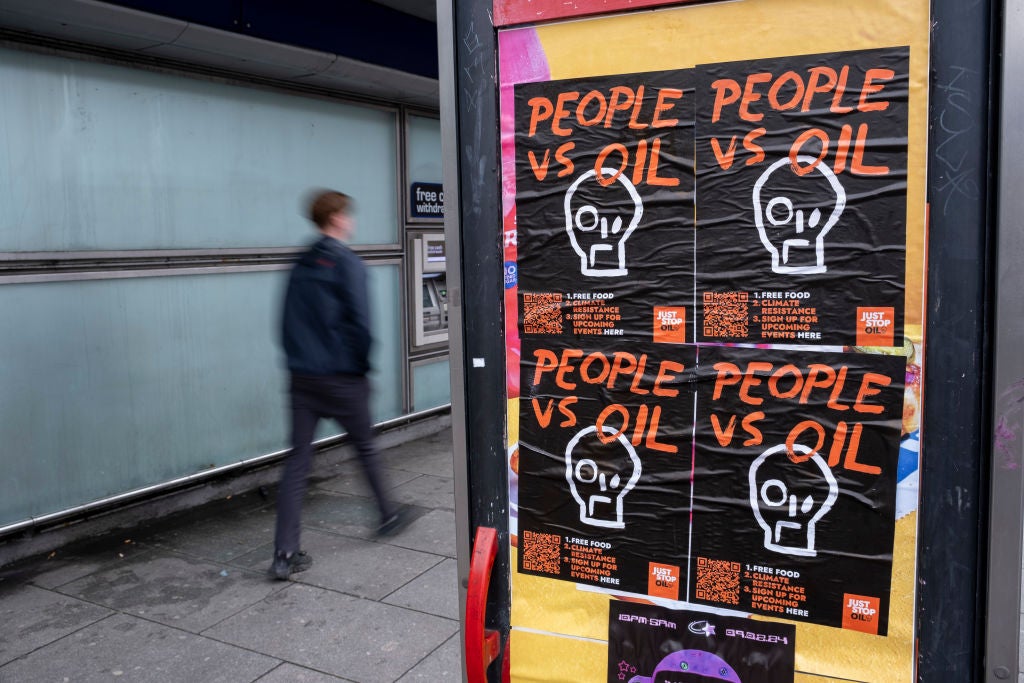
The world’s largest oil majors are not adequately prepared for the energy transition, finds a report released today by the think tank Carbon Tracker. The report assesses the compatibility of the upstream portfolios of 25 of the world’s largest oil and gas companies against the goals of the Paris Agreement, giving them a grade from A–H, where A is "potentially aligned" with Paris goals, and H is the furthest from being aligned, reflecting company strategy more consistent with a 2.4°C outcome "or worse".
The highest scoring company is British company bp, which earns a D grade, while its peer, Shell, is in sixth place, with an E grade.
Carbon Tracker scores the companies across five metrics: future investment options, which assesses a company’s competitiveness via the duration risk of current productive assets and carries a 30% weight in the scoring; recent sanctions, referring to recently approved projects (10%); how far their production plans are Paris-aligned (30%); the strength of any emissions targets (20%); and finally, the prevalence of production growth targets in executive remuneration policies (10%).
Almost all the companies in the report’s assessment are targeting new developments and production increases in the near-term. However, in the longer-term, Repsol, Equinor and Shell are aiming to keep production volumes flat, while bp, which comes out with the highest grade, is planning for a decline.
These moves “could be a sign that companies are recognising that demand for their core products is unlikely to increase”, the think tank notes, adding that “such views are in the minority across the industry”, as many companies are targeting significant increases in total volumes.
Carbon Tracker argues that declining demand for hydrocarbons will likely imply lower future prices, which producers should “duly incorporate into their strategic decision-making”.
It warns potential investors in the companies that “near-term overinvestment could have a significant impact on a company’s future cash flow generation”, meaning producers with lower-cost portfolios that adequately prepare for declining demand are likely to be more financially resilient should prices fall in the future.
Of the oil majors it assesses, Eni and Equinor are found to have the least risky portfolios, whereas ConocoPhillips, Occidental and ExxonMobil are “relatively more exposed”.
In the report, National Oil Companies perform better, reflecting their more cost-competitive portfolios comprised of largely conventional projects.
In a separate Carbon Tracker report published late last year, the think tank notes that oil and gas producers have a handful of future options going forward to avoid stranded asset risk, which can broadly be categorised as: pursuing a strategy of natural depletion, by calling a halt to new developments; adopting a “managed investment” strategy that focuses on short-cycle projects (a strategy “at least partially adopted” by European oil majors including Eni and Shell); and finally, pursuing “business-as-usual replacement” or even production growth.
The think tank recommends that investors seeking “improved alignment of performance” should engage companies on the disclosure of long-term production plans alongside investments; key project sanctions that are not aligned with Paris; plus their emissions targets, which should be backed up by credible methods to achieve them. Finally, they should ensure that executive remuneration policies do not reward CEOs for growing production.
Latest news
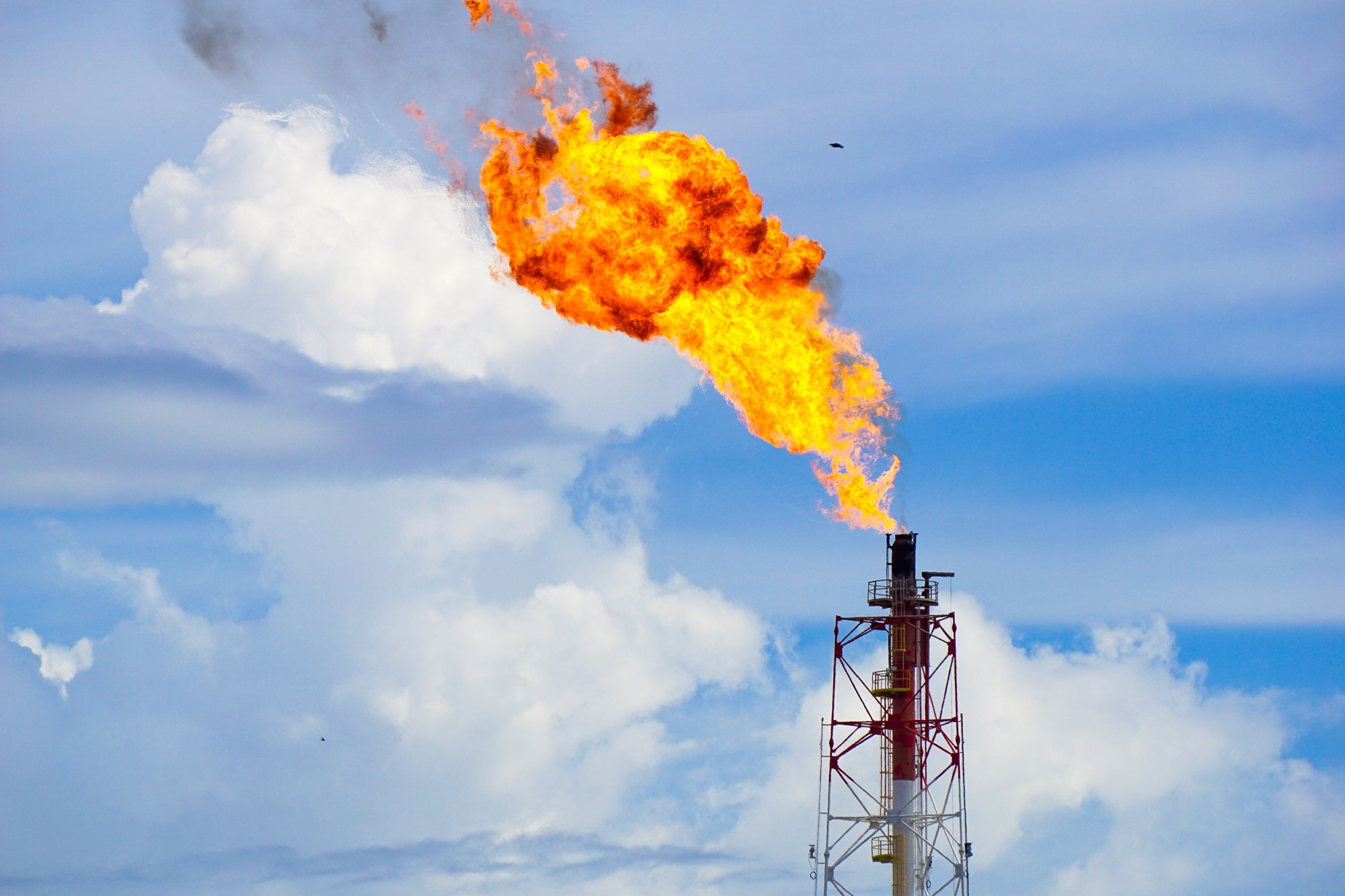
Oil and gas industry exhibits resilience as contract value sustains despite 22% drop in contract volume during 2023
Investment in projects continued in 2023.
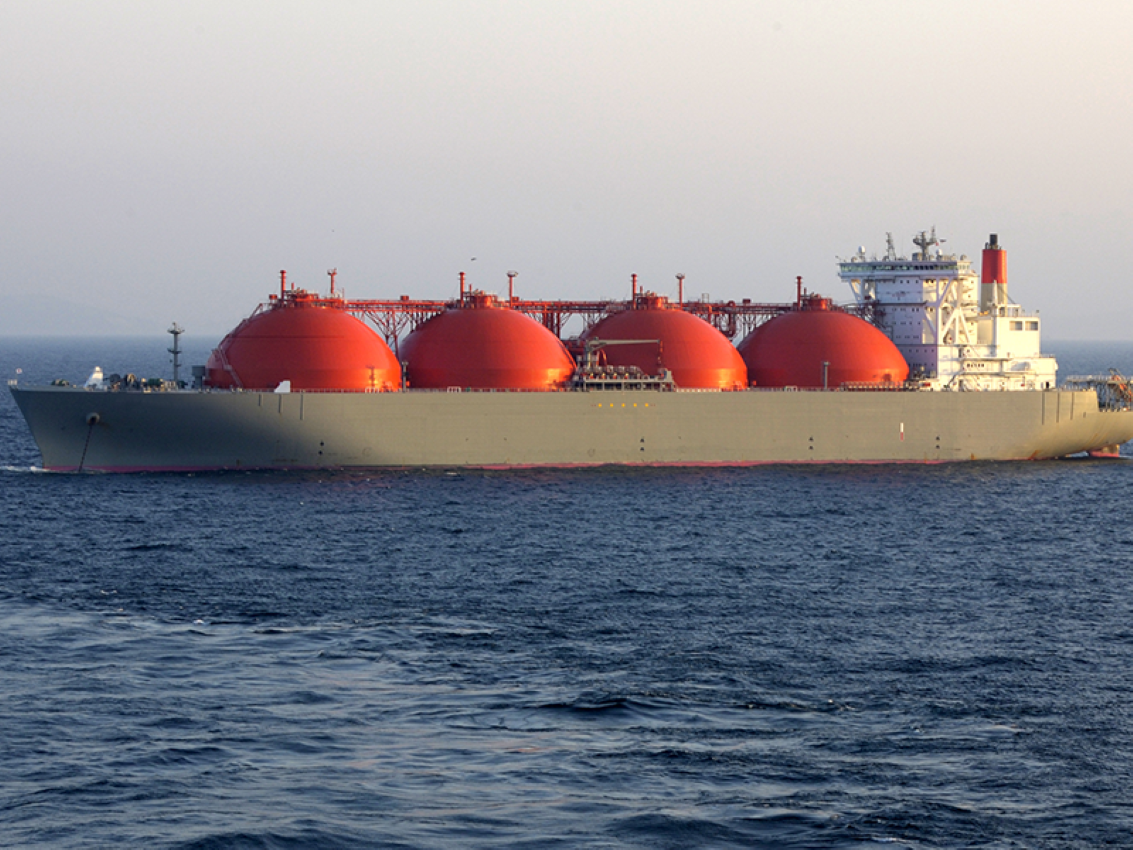
US states file lawsuit against LNG export ban, citing no “legal basis”
A total of 16 US Republican states filed a lawsuit on Thursday against the federal government’s ban on approvals of liquefied natural gas (LNG) export applications.
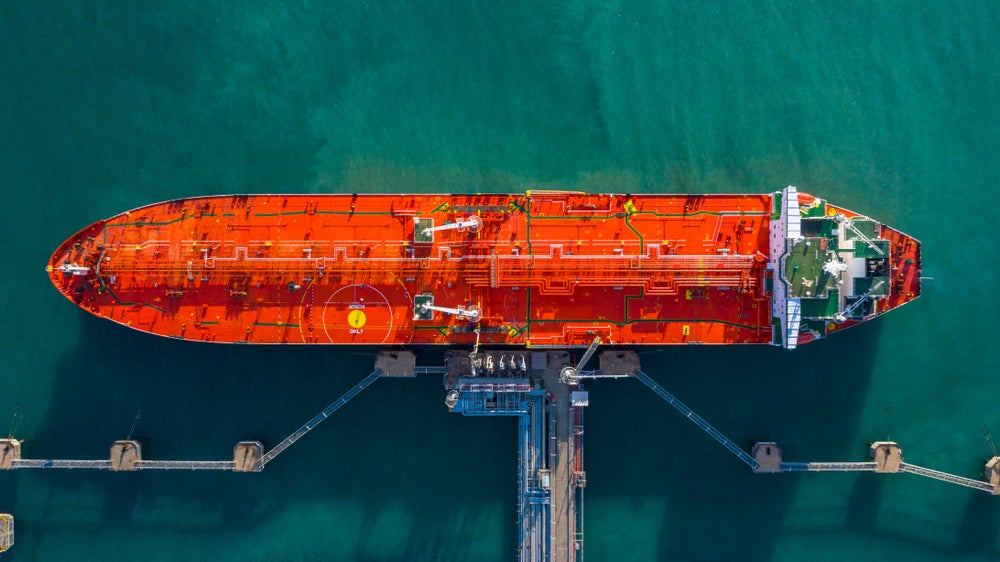
Russia slams $30 oil price cap proposal from Ukraine
Russia said on Thursday that the US is unlikely to agree to a proposal from Ukraine to slash the current $60 price cap on Russian oil to $30 per barrel.
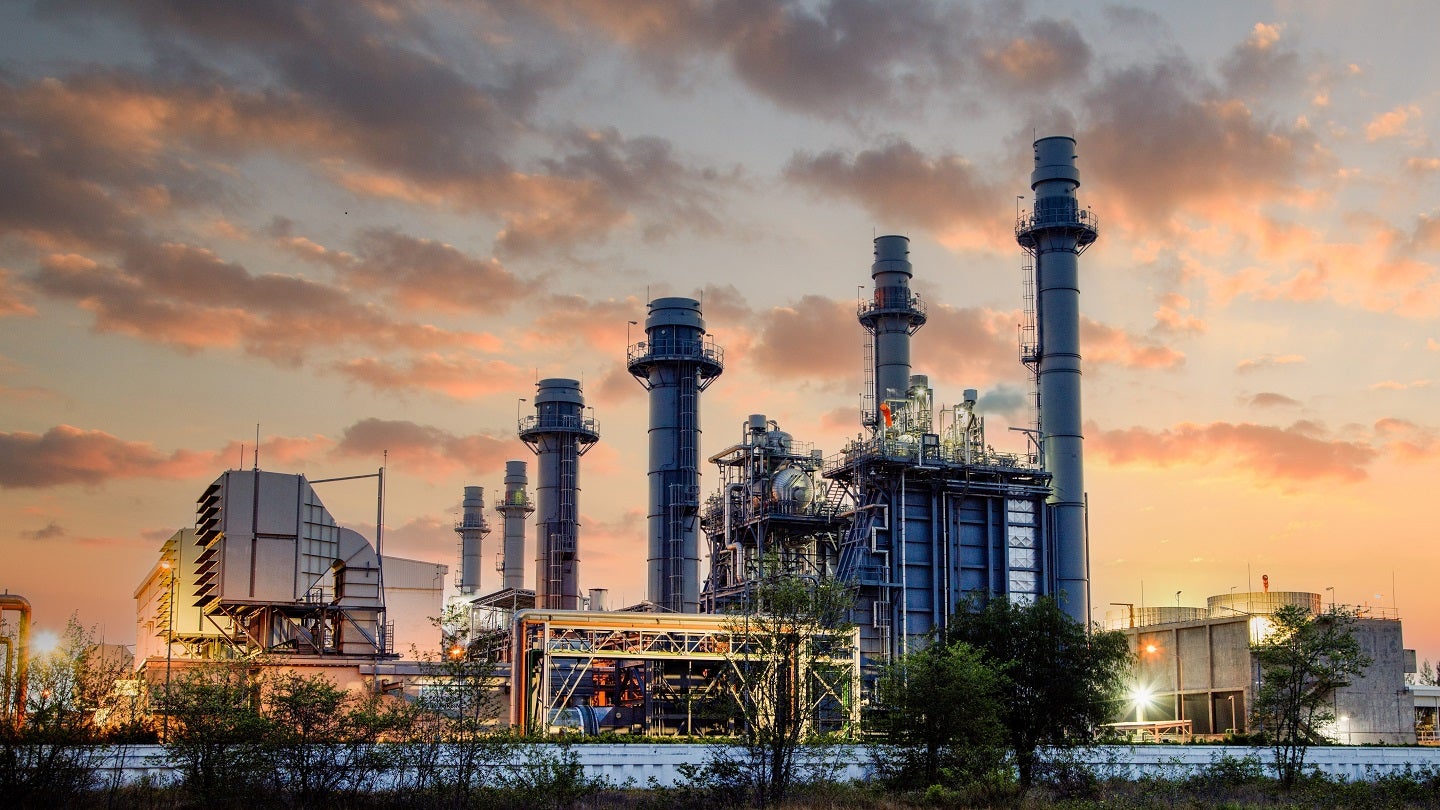
Venezuela's Cardon refinery units halt operations afterfire
The cause of the incident was identified as a gasoline leak and the fire was extinguished a couple of hours later.

Sinopec's net profit fell by 12.8% in 2023
The company's financial performance has been impacted by a range of market dynamics including fluctuating international crude oil prices.

TotalEnergies resumes production at Tyra hub offshore Denmark
TotalEnergies has announced the successful restart of gas production at the Tyra hub in the Danish North Sea following a significant redevelopment project.
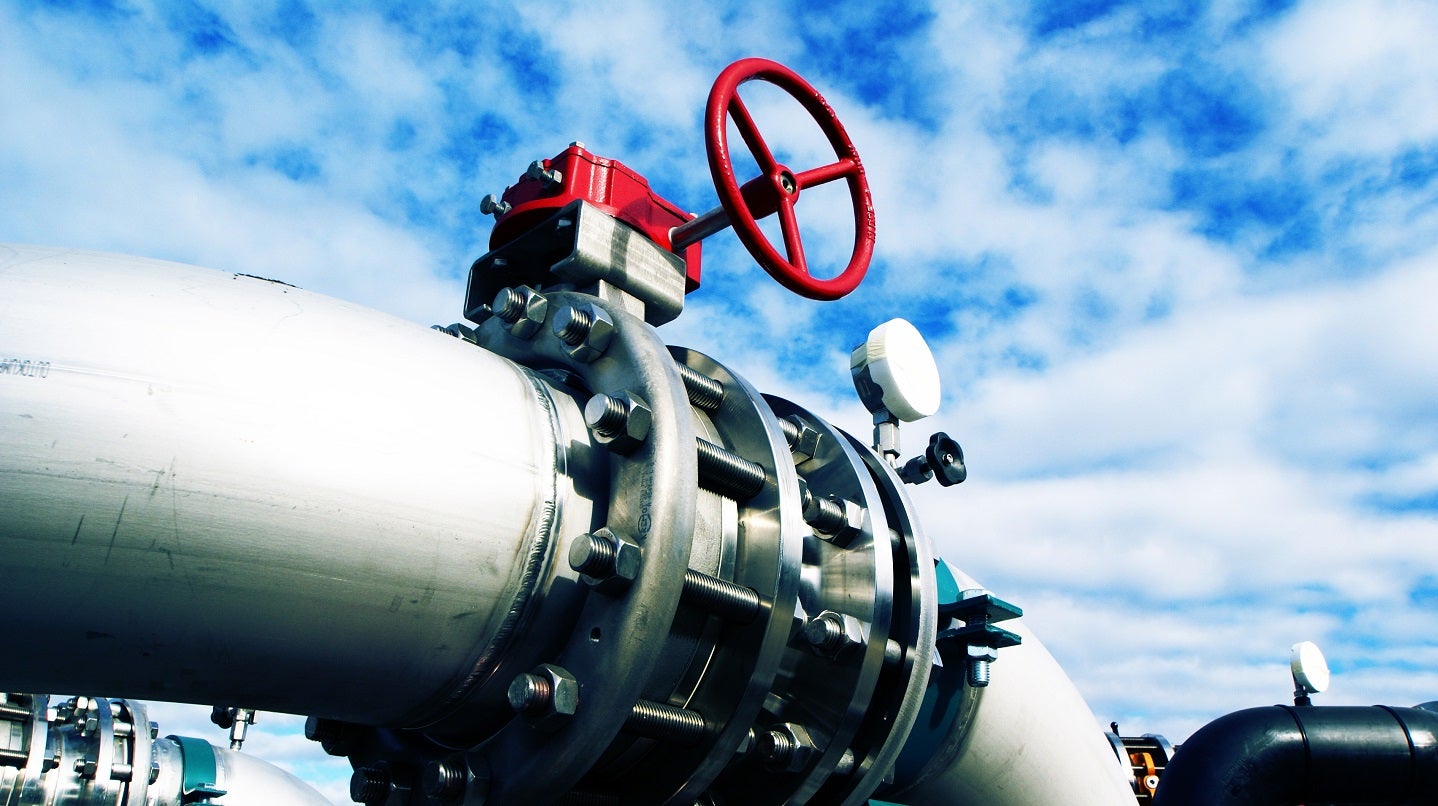
UK Government grants DCO for HyNet CO2 pipeline
The pipeline will carry CO₂ from industrial sites in the North West of England and North Wales to Eni's reservoirs in Liverpool Bay.
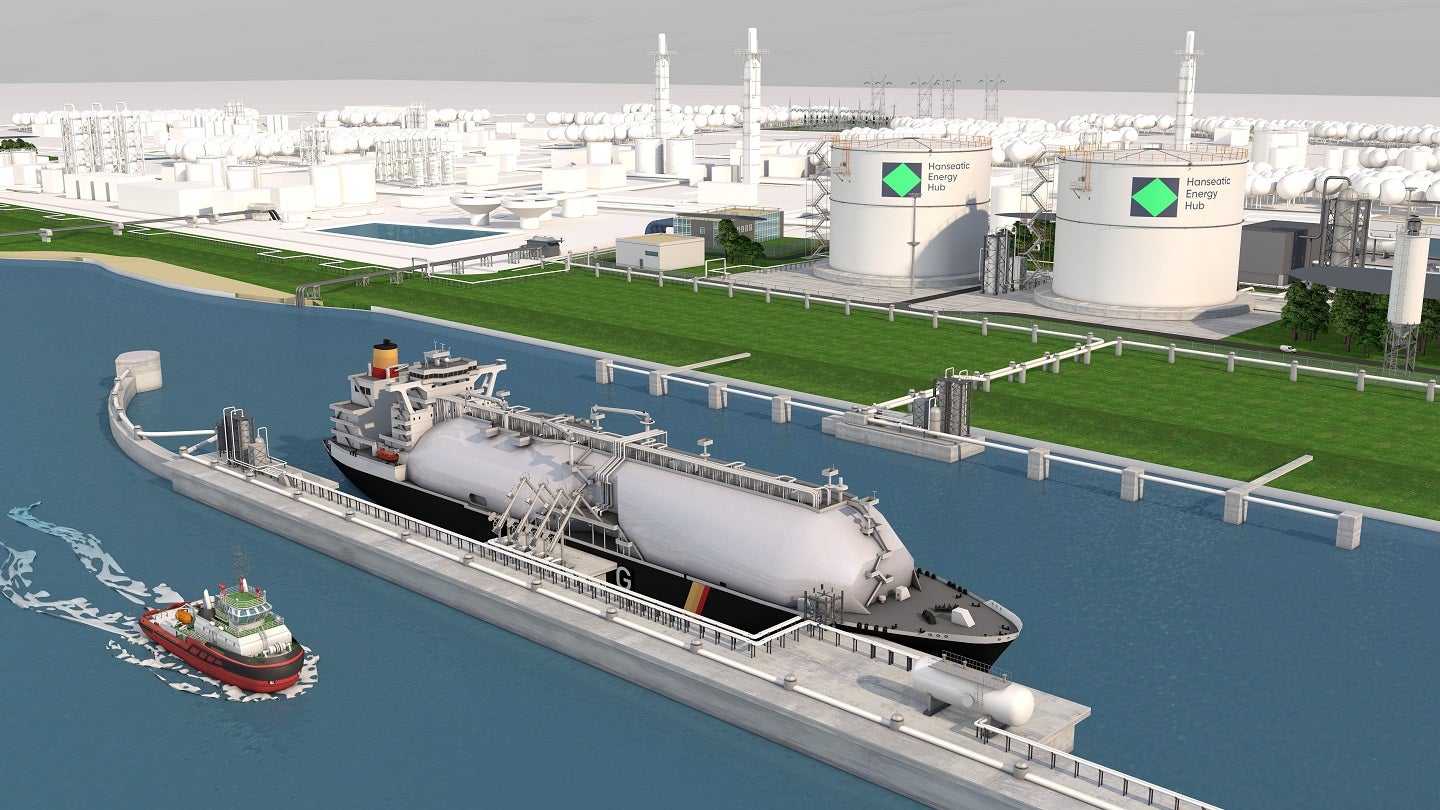
Hanseatic Energy makes FID on Germany's land-based terminal
Enagás has increased its stake in the terminal project to 15% from 10%.
In our previous edition

Oil & Gas Decoded
Wood Group plans hundreds of job cuts
22 Mar 2024

Oil & Gas Decoded
US crude oil and gas companies spent $234bn on M&A in 2023
21 Mar 2024

Oil & Gas Decoded
Commodity traders see second-best year ever with profits of $100bn
20 Mar 2024
Newsletters in other sectors
Aerospace, Defence & Security
Automotive
Banking & Payments
Travel and Tourism
Search companies, themes, reports, as well as actionable data & insights spanning 22 global industries
Access more premium companies when you subscribe to Explorer


